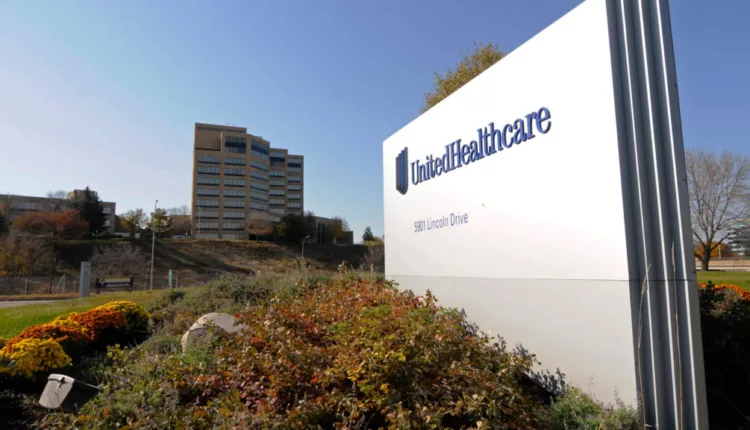
Top Profits in HealthCare, UnitedHealth Rehab Limits & Texas Med School Crisis
TL/DR –
UnitedHealth Group and its subsidiary NaviHealth have reportedly used an algorithm and specific rules to deny rehabilitation care to certain individuals enrolled in Medicare Advantage. These rules dictated that if a member lived permanently in a nursing home or had cognitive impairments and was referred for physical and occupational therapy, their request had to be sent to a physician medical reviewer, who often denied treatment. Following increased scrutiny from federal lawmakers and the Centers for Medicare & Medicaid Services (CMS), UnitedHealth discarded the rules in November 2023, instructing frontline clinical reviewers to use their own discretion.
UnitedHealth leveraged algorithms to restrict rehab care for Medicare Advantage members
In 2023, UnitedHealth Group and its subsidiary, NaviHealth, implemented an algorithm to limit rehabilitation care for people enrolled in their Medicare Advantage (MA) plans. It was also discovered that there were specific rules that restricted some individuals from accessing rehab care in the first place. This information was obtained through NaviHealth internal documents and accounts from current and former employees.
For instance, if a person in an MA plan who lived in a nursing home or had cognitive impairment was referred for physical and occupational therapy, the request for “prior authorization” was automatically flagged by a clinical reviewer to a physician medical reviewer who usually denied it. These restrictions, which had no clinical evidence, added an additional burden on the sick and injured. These rules affected the more than 15 million people enrolled in a UnitedHealthcare MA plan.
In November, UnitedHealth suddenly discarded these rules, prompting its clinical reviewers to apply their discretion. This change coincided with the increased scrutiny of Medicare Advantage insurers from federal lawmakers and CMS, which will begin auditing their denial of medical services early next year. Read our story to learn more about this situation.
A peek into health care companies’ profits
Before J.P. Morgan’s meeting, our team investigated the profit margins of the nation’s health care companies. As anticipated, pharmaceutical and medical device sectors showed the highest profit margins. Pharmacy benefit managers had moderate profit margins. However, these figures are complicated by the fact that the largest PBMs are part of larger health insurance and services conglomerates. Check out the complete analysis from Tara and Brittany.
State-level health policies to monitor
States continue to serve as testing grounds for healthcare policies. Key policies worth tracking this year include prescription drug affordability boards, antitrust measures, and healthcare cost caps. Some of these policies are already underway, while others are gaining momentum. Read Brittany’s article to stay informed about these policies.
The promise of a new medical school in Texas leaves the poor behind
Over a decade ago, county officials in Austin promised taxpayers a new medical school and teaching hospital that would deliver cutting-edge health care services to indigent patients. However, it appears that the reality has fallen short of the promise. Low-income patients claim to have no access to the university’s clinics for cancer and multiple sclerosis, among other conditions. Read Rachel’s special report for more details.
New federal rule on hospital “observation” appeals
The federal government is proposing a new appeals process for Medicare beneficiaries who have been admitted to hospitals but are classified as outpatients under “observation.” They may incur unnecessary out-of-pocket costs due to this classification. Medicare is proposing standard and expedited appeals to rectify this issue. Review the rule to learn more about its details and applicability.
—
Read More Health & Wellness News ; US News
